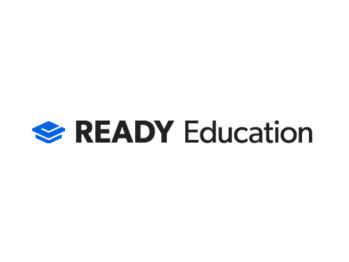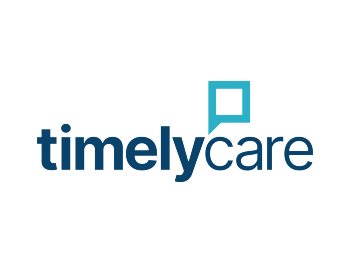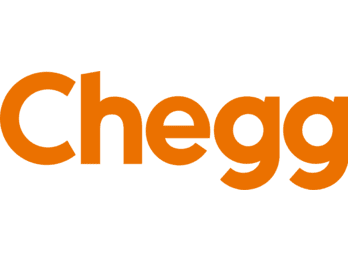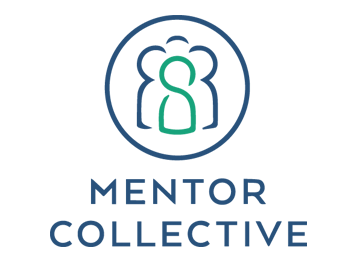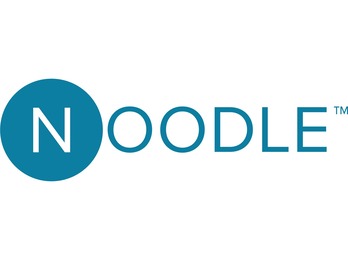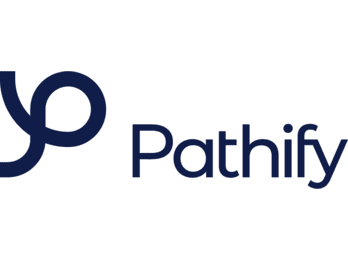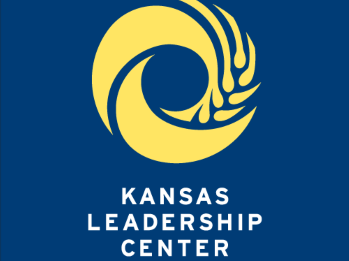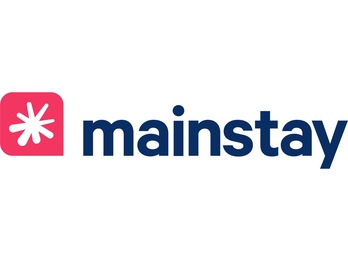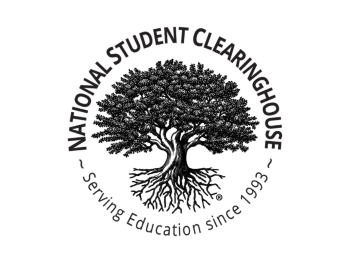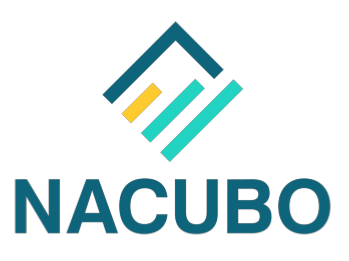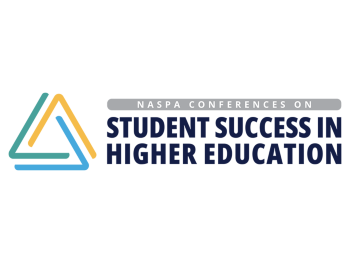
February 2, 2026
Early Registration Launches
May 20, 2026
Regular Registration Closes
May 19, 2026
2026 NASPA Conferences on Student Success in Higher Education
Student Success Career and Workforce Development Equity, Inclusion and Social Justice Assessment, Evaluation, and Research Equity, Inclusion, and Social Justice Division AVP or "Number Two" Faculty Graduate Mid-Level New Professional Senior Level Undergraduate VP for Student Affairs
June 10 - June 13, 2026 Austin, TX
The NASPA Conferences on Student Success in Higher Education is a convergence of three conference tracks in one registration! The conferences offer outstanding professional development opportunities that will shape your learning experience.
Presented By
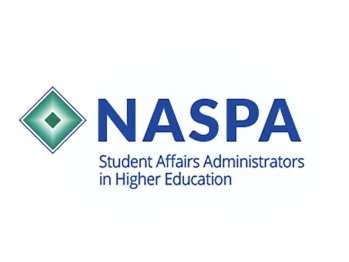
About
Attend the SSHE Conference to Explore Key Areas of Student Success in Higher Education:
This conference offers a platform for professionals who are committed to advancing equity, fostering student success, and using data-driven strategies to enhance the higher education experience for all students. Whether your focus is on assessment, dismantling barriers, or first-generation success, you'll find resources, insights, and a community of like-minded professionals at the SSHE Conference.
2026 Conference Leadership Committee Application
Now Accepting Applications for the 2026 SSHE Conference Leadership Committee
Are you passionate about shaping impactful learning experiences and advancing student success in higher education The Conference Leadership Committee CLC plays a vital role in developing the vision content and engagement strategy for the NASPA Conference on Student Success in Higher Education
As a CLC member you will
-
Collaborate with peers across the country to design conference themes and content
-
Help select educational sessions and speakers
-
Support outreach efforts to engage diverse voices and communities
-
Contribute to an inclusive and mission-driven conference experience
This is a rewarding opportunity to grow your leadership skills expand your network and leave your mark on one of NASPA’s most meaningful events
Apply by October 31, 2025 to be part of the team that brings SSHE 2026 in Austin Texas to life!
Looking Back at SSHE 2025
Interested in reviewing the agenda from last year’s NASPA Conference on Student Success in Higher Education? Whether you're exploring past sessions for inspiration or need access for reconciliation purposes, the full 2025 agenda is available below.
View the 2025 SSHE Program Book
Location & Lodging
All conference activities will take place at the JW Marriott Austin!
JW Marriott Austin Address: 110 E 2nd St, Austin, TX 78701 | Phone: (512) 474-4777
Beware of Housing Pirates
Each year, NASPA receives reports of unauthorized housing solicitations targeting conference participants, exhibitors, and members. These entities—often known as “housing pirates”—may offer misleading rates or request personal and financial information.
Please protect your reservation by booking only through our verified link or directly with the hotel you’ve confirmed a reservation with. The Hyatt Regency Denver is the only official conference hotel.
SSHE Additional Information
Parking
The JW Marriott Austin offers both valet and self-parking options onsite. Overnight valet parking is $59, and overnight self-parking is $45, with in-and-out privileges.
For more information, please visit the hotel’s website.
Weather
The average temperatures in Austin, TX in June range between 72°F and 94°F. As the conference approaches, please visit the Weather Channel for the most up-to-date forecast and packing recommendations.
Please note, the hotel and meeting area temperatures vary. Layering with a sweater or jacket is recommended.
Travel
The nearest airport to the JW Marriott Austin is Austin-Bergstrom International Airport (AUS), located approximately 10 miles from the hotel.
The hotel offers accessible transportation accommodations with advance notice. Please contact the JW Marriott Austin directly to arrange any specific needs prior to your arrival.
Sponsorship
The 2026 NASPA Conference on Student Success in Higher Education is your opportunity to take a cross-functional approach to student success when it has never been more important.
The application for 2026 will launch soon!
Questions? Connect with Fred Comparato, Senior Director of Corporate Development, at 614-204-5994 or fcomparato@naspa.org with any inquiries regarding exhibiting and sponsorship opportunities.
Thank you to our 2025 Sponsors!
Platinum Sponsors
Gold Sponsors
Silver Sponsors
Bronze Sponsors
Schedule
The schedule has been designed to provide participants with interactive and engaging learning expierences. These will include: programming, opportunities for deeper discussion, and networking. As details are finalized, this schedule will be updated. Registration to one conference grants access to content over all three conferences. Please note: the schedule is subject to change based on presenter availability.
2026 NASPA Conferences on Student Success in Higher Education Schedule At a Glance
All times are in Central Time and are subject to change
June 10
June 11
June 12
June 13
7:30 AM - 5:00 PM
Registration and Help Desk
Conference services; Scholarly Writing, Nursing, Low-Sensory
9:00 AM - 4:00 PM
Full Day Pre-conference Workshops
7:30 AM - 6:30 PM
Registration and Help Desk
Conference services; Scholarly Writing, Nursing, Low-Sensory
7:30 AM - 8:00 PM
Senior Leader Lounge & Track Room
9:00 AM - 12:00 PM
Half-day Pre-conference Workshops
12:00 PM - 2:00 PM
Exhibit Hall Kickoff/Lunch On Your Own
1:00 PM - 4:00 PM
Senior Leader Track - Half Day Pre-Conference Workshop
1:00 PM - 1:30 PM
First-Time Attendees & Open Time
2:00 PM - 2:50 PM
Concurrent Sessions 1: General Sessions
3:10 PM - 4:00 PM
Concurrent Session 2: General Sessions & Roundtable Discussions
4:00 PM - 5:00 PM
Conference Break
4:00 PM - 5:00 PM
Exhibit Hall Open
5:00 PM - 6:30 PM
Opening Keynote
6:30 PM - 8:00 PM
Opening Reception/ Exhibit Hall
7:00 PM - 8:00 PM
Senior Leader Reception
7:00 AM - 8:00 AM
Breakfast with Sponsors
7:30 AM - 6:00 PM
Registration & Help Desk Open
Conference services; Scholarly Writing, Nursing, Low-Sensory
7:00 AM - 4:30 PM
Conference Exhibit Hours
7:30 AM - 6:30 PM
Senior Leader Lounge & Sessions
8:10 AM - 9:00 AM
DSBC Featured Speaker Session
8:30 AM - 9:00 AM
Concurrent Session 3: Learning Labs
9:20 AM - 10:35 AM
Concurrent Session 4: Extended Learning Sessions & Emerging Research Symposium
9:30 AM - 10:20 AM
APDA Featured Speaker Session
11:00 AM - 11:50 AM
FGSS Featured Speaker Session
12:00 PM - 1:30 PM
Conference Break (Lunch On Your Own)
1:30 PM - 2:20 PM
Concurrent Session 5: Emerging Research Symposium & Scholarly Papers
2:40 PM - 3:30 PM
Concurrent Session 6: General Sessions
3:30 PM - 4:30 PM
Exhibit Hall Break
4:10 PM - 5:00 PM
Concurrent Session 7: General Sessions
5:10 PM - 6:00 PM
Concurrent Session 8: General Sessions
6:00 PM - 7:30 PM
Dinner On Your Own
7:30 PM - 9:00 PM
Networking Receptions/ Meetings
7:00 AM - 8:00 AM
Breakfast
7:30 AM - 11:30 AM
Registration & Help Desk Open
7:30 AM - 1:00 PM
Senior Leader Lounge & Sessions
8:10 AM - 9:00 AM
Concurrent Session 9: General Sessions
9:10 AM - 10:00 AM
Concurrent Session 10: General Sessions
10:10 AM - 11:00 AM
Concurrent Session 11: General Sessions
Closing Keynote
Continuing Education
NASPA is able to provide continuing education credit for Certified Student Affairs Educators (CSAEd) and for NBCC (National Board for Certified Counselors) at this event. NASPA is also able to offer a general certificate of attendance.
The deadline to submit a continuing education or certificate request for this event is July 30, 2026. You will receive the certificate via email a few weeks after the event. For questions regarding continuing education, please email continuingeducation@naspa.org.
Certified Student Affairs Educators (CSAEd)
NASPA has been approved by the Higher Education Consortium for Student Affairs Certification to provide CE credit for Certified Student Affairs Educators (CSAEd). Programs that qualify for CE credit in this program are clearly identified. NASPA is solely responsible for all aspects of this program.
CSAEd Credit Instructions
Use the NASPA Events app to obtain CSAEd credit for the 2026 NASPA Conferences on Student Success in Higher Education. Review the About CE Credits section in the app for more details.
National Board for Certified Counselors (NBCC)
NASPA has been approved by NBCC as an Approved Continuing Education Provider, ACEP No. 5120. Programs that do not qualify for NBCC credit are clearly identified. NASPA is solely responsible for all aspects of the programs.
Participants can receive a maximum of 10 clock hours for this event. Up to three additional clock hours are available for attending pre-conference workshops.
Information about eligible sessions can be found here.
NBCC Credit Instructions
Use the NASPA Events app to obtain NBCC credit for the 2026 NASPA Conferences on Student Success in Higher Education. Review the About CE Credits section in the app for more details.
General Certificate of Attendance
NASPA is able to provide a general certificate of attendance to document hours for other licenses or credentials. To find out if this works for your individual continuing education needs, we recommend that you check in with the entity that manages your continuing education process to ask what they will accept. The general certificate may also be used for administrative reasons (e.g., requesting a reimbursement for conference registration).
General Certificate Instructions
To receive a general certificate for the 2026 NASPA Conferences on Student Success in Higher Education, please complete and submit the General Certificate of Attendance Request Form.
NASPA Guiding Principles and Code of Ethics
To read more about NASPA's Guiding Principles and Code of Ethics, please visit here.
